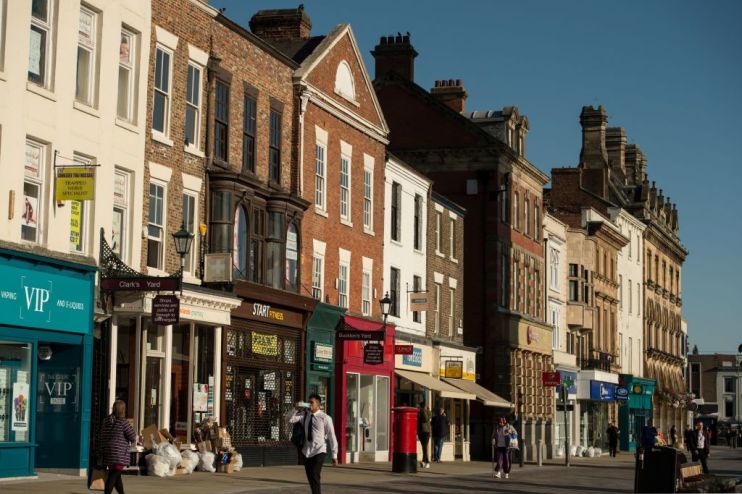UK household optimism hits one-year high but uncertainty remains

UK households became more upbeat about their finances in January, a survey from data firm IHS Markit has shown, with December’s general election result and falling inflation pushing optimism to a one-year high.
The survey was the latest to show rising optimism following Boris Johnson’s thumping election win in the middle of December. Firms and households can now be sure Britain is leaving the European Union on 31 January, providing some economic certainty after a torrid 2019.
Joe Hayes, economist at IHS Markit, said: “Latest survey data certainly show some post-election bounce for UK household.” He added that house-price expectations rose to their strongest in over a year.
“That said, cooling inflation was most likely the real driving force, propping up real earnings and disposable incomes.”
Households reported that living-cost inflation eased in January, while incomes from employment continued to grow.
Despite the rise in overall optimism, households became more gloomy about their future finances in January after a bout of optimism in December.
Respondents also shifted their views on the direction of the Bank of England’s interest rates. Close to one-in-four – 23 per cent – now predict the next change will be a cut, up from 19 per cent in December.
These mixed opinions from households reflected residual uncertainty about the UK economy.
A raft of weak economic data and dovish comments from BoE rate-setters has caused expectations of an interest rate cut to spike, despite rising optimism.
According to CME Group’s BoE Watch tool, futures prices indicate that traders think there is a 72 per cent chance of the next move being a cut, up from just five per cent a month ago.
Hayes said: “While falling living cost pressures are stimulating purchasing power, UK households are aware that weak economic conditions have led to an increased likelihood of lower interest rates.”